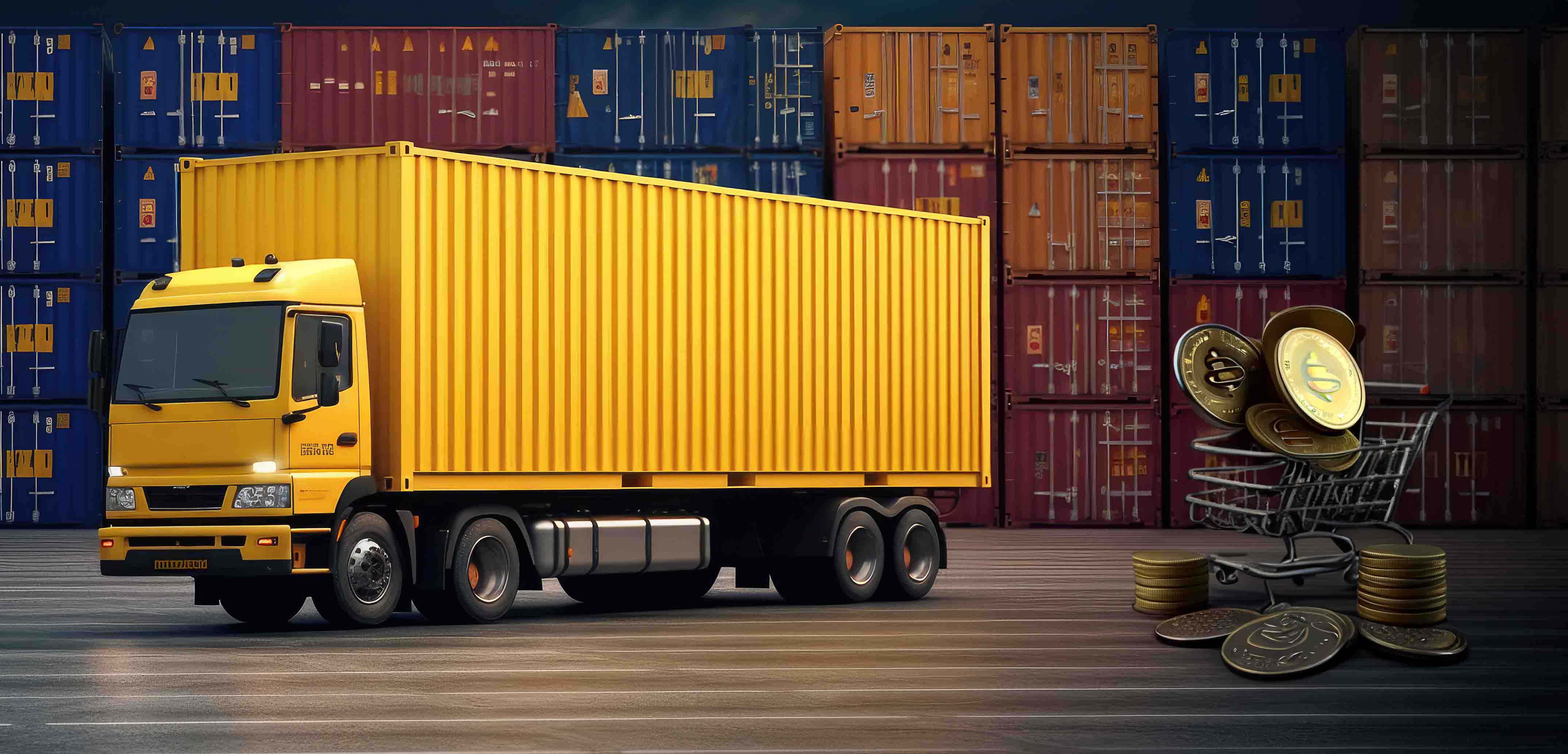
How To Save Costs With Transport Management?
How To Save Costs With Transport Management?
In the dynamic landscape of logistics, organisations continually seek ways to enhance efficiency while minimising costs. In order to save costs and ensure that there are no high expenses, one must look for a comprehensive management system where all variables are taken care of. Here are a few solutions that can help save costs along with providing a vehicle management system.
Efficiency With Cost-Savings
Proper Planning With KPIs
The main stride towards enhancing transportation routes and cost efficiency involves the systematic collection and analysis of comprehensive transportation data. This encompasses factors like demand, supply, capacity, service levels, costs, and performance. Utilising reports is instrumental in this process. By establishing key performance indicators (KPIs) for metrics such as adherence to expected delivery times, delayed deliveries, and parcel loss, organisations can strategically monitor and enhance their operations. Implementing KPIs, for instance, fuel reports help unveil potential inefficiencies, paving the way for holistic cost reduction. The insights derived from these reports offer actionable information, allowing continuous adjustments to steer operations towards heightened efficiency.
Route Optimization
While reports can be an after-aspect for determining, one of the initial steps to save costs is through route optimization. This intricate process entails identifying the optimal sequence of stops and paths for each vehicle or shipment, considering a multitude of factors such as distance, traffic conditions, fuel consumption, customer preferences, and delivery windows. By employing route optimization, organisations can significantly curtail mileage, travel time, fuel expenses, emissions, and driver fatigue. This comprehensive approach not only enhances operational efficiency but also contributes to environmental sustainability and overall cost-effectiveness.
Real-Time Tracking
Enhance efficiency by employing real-time shipment tracking, receiving timely updates on crucial milestones like hubs or destinations. Evaluate these updates against expected timelines and monitor delivery personnels during their delivery routes to mitigate logistics costs attributed to inefficient movements. Such visibility into shipment and asset movements is made possible through the integration of smart technology. Geofencing and theft alerts are a powerful tool against potential threats. Instant notifications upon unauthorised access or suspicious activities, allow businesses to promptly address security breaches and mitigate potential losses. Smart transportation management not only facilitates real-time tracking but also elevates overall visibility, resulting in cost savings by minimising empty miles, reducing idling time, and optimising operational processes.
Insurance Costs Savings
Video telematics stands out as a potent tool for businesses and individuals aiming to optimise their operations, enhance safety, and reduce costs in day-to-day travel. This innovative technology seamlessly integrates video recording with telematics data from vehicles, offering a comprehensive perspective on a vehicle's performance and the driver's behaviour. Employing cameras, sensors, GPS, and other data collection tools, video telematics captures and transmits information to a central server or cloud-based platform. The ensuing data analysis yields actionable insights for fleet managers and owners, leading to heightened safety measures and substantial savings on insurance costs. In the unfortunate event of an accident, the recorded events become pivotal for insurance claims and liability assessments, providing an objective record that aids in determining the accident's cause.
Final Thoughts
Embracing technology can significantly elevate transportation capabilities. Collaborative platforms facilitate seamless communication and coordination among various stakeholders in the transportation network, streamlining operations. Additionally, leveraging analytics tools allows organisations to extract valuable insights from data, enabling them to optimise routes, improve efficiency, and reduce costs. Embracing these technological advancements transforms transportation processes, making them more agile, efficient, and responsive to evolving demands in the modern business landscape.